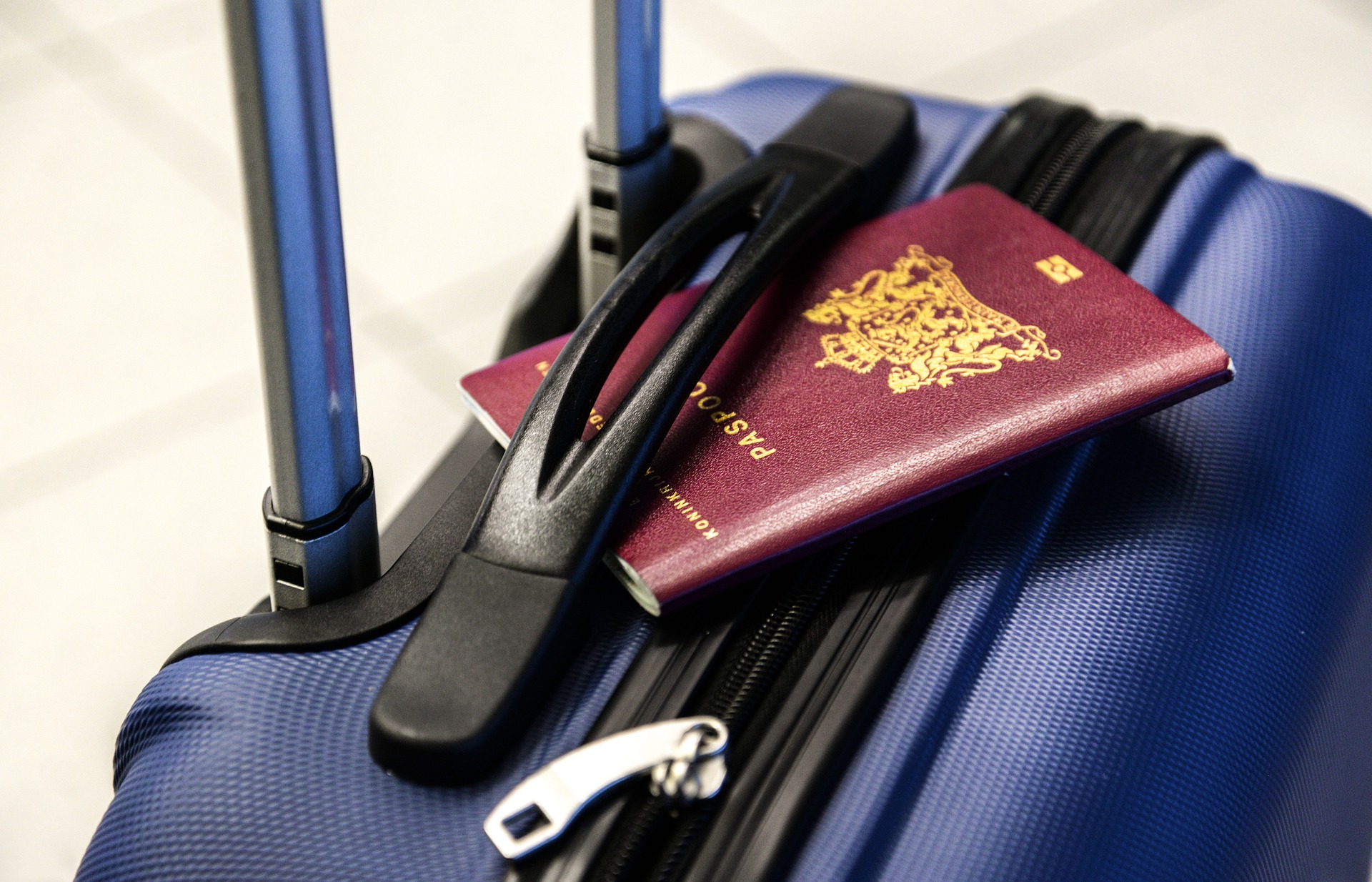
Have you ever wondered: is there an exception to the COVID-19 vaccine requirement mandated by the U.S. Citizenship and Immigration Services (USCIS) for those undergoing the green card process?
In this blog post, we share with you how our office was able to obtain successful waivers of the COVID-19 vaccine requirement, information about what exceptions exist to the vaccine requirement, the criteria that must be proven to obtain a vaccine waiver, and the resulting victories we gained on behalf of our clients.
We also describe how we were able to accomplish vaccine waiver approvals, by presenting an abundance of documentary evidence to help these individuals prove their case.
An Overview: What is the COVID-19 Vaccination Requirement
In response to the rapid rise in Coronavirus cases, the U.S. government announced that starting October 1, 2021, those applying for permanent residency (a green card) within the United States, or an immigrant visa abroad, would be required to be fully vaccinated against COVID-19 (one or two doses depending on the vaccine taken).
The Medical Examination Form I-693
As part of the green card process, applicants are required to complete a medical examination conducted by a civil surgeon on Form I-693, to establish that they are not inadmissible to the United States on public health grounds. The government made it a matter of policy as of October 1, 2021, to require all those subject to the medical examination requirement to complete the COVID-19 vaccination to prove their admissibility (and therefore) receive approval of their green cards.
The U.S. Citizenship and Immigration Service announced that this policy would apply “prospectively to all Forms I-693 [medical examinations] signed by the civil surgeons” on or after October 1, 2021. The agency also took steps to revise Form I-693 and its instructions to include the new vaccination requirement.
Its policy guidance followed the recommendations of the U.S. Centers for Disease Control and Prevention’s (CDC) August 17, 2021, update to the Technical Instructions for Civil Surgeons. The CDC update requires applicants subject to the immigration medical examination to “complete the COVID-19 vaccine series [in addition to the other routinely required vaccines] and provide documentation of vaccination to the civil surgeon or panel physician in person before completion of the medical examination.”
Does the COVID-19 vaccination requirement also apply to those seeking immigrant visas at U.S. Embassies and Consulates abroad?
Yes. The government made clear that the COVID-19 vaccination requirement applies to those seeking to adjust their immigration status within the United States, as well as applicants applying for immigrant visas at U.S. Embassies and Consulates abroad. That is because complete vaccination is necessary for a medical examination conducted by a civil surgeon or physician abroad, as part of the green card admissibility process.
Continue reading
 Visa Lawyer Blog
Visa Lawyer Blog








